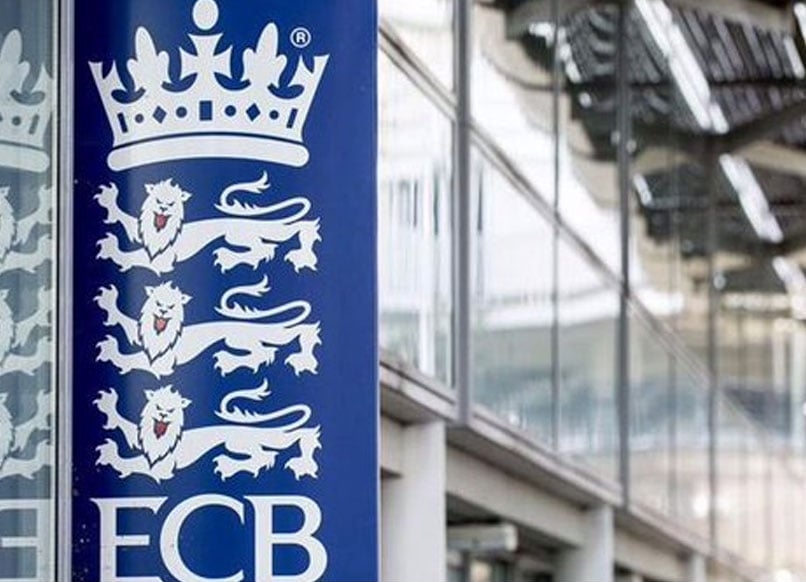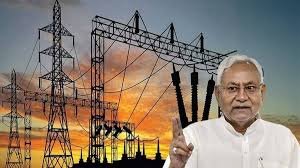ECB will review its players on social media

The England and Wales Cricket Board (ECB) has decided to review them on social media with the aim of resolving the old issues and making the players realize their responsibilities after cases of controversial tweets from England players surfaced in the past.
In fact, the ECB last week suspended fast bowler Robinson from international cricket. This action was taken against him for his racist and gender-related tweets in 2012 and 2013. Post his Test debut against New Zealand at Lord’s after his Test cricket debut was pending, although the 27-year-old Robinson later publicly apologized. He also talked about taking a short break from cricket on Thursday.
Meanwhile, last week, old controversial tweets of England’s legendary players James Anderson, Eoin Morgan and Jos Buttler also surfaced. The ECB said, “Considering the developments of the past few days, the Board has agreed to the recommendation of the Executive for social media review of players in order to resolve old contentious issues.” This initiative will help the players to realize their individual responsibilities and learn their lessons. The review will be collaborative, and everyone involved in cricket will be involved in this review. Along with the players, ECB administrators and coaches will also be under its purview.
It is noteworthy that the ECB will now work closely with the Professional Cricketers Association of England (PCA), Team England Player Partnership (TEPP) and England Women’s Player Partnership (EWPP) by agreeing to the Terms of Reference. The ECB also said that the decision to review players’ social media will not prevent further disciplinary action in the future, if necessary.
ECB chief Ian Whatmore said the board would investigate the players’ actions and take action against them if found guilty. As cricket’s national governing body, we should put in place a system to help players project an inclusive image, educate them about what is expected of them and allow them to express themselves to the public. .







